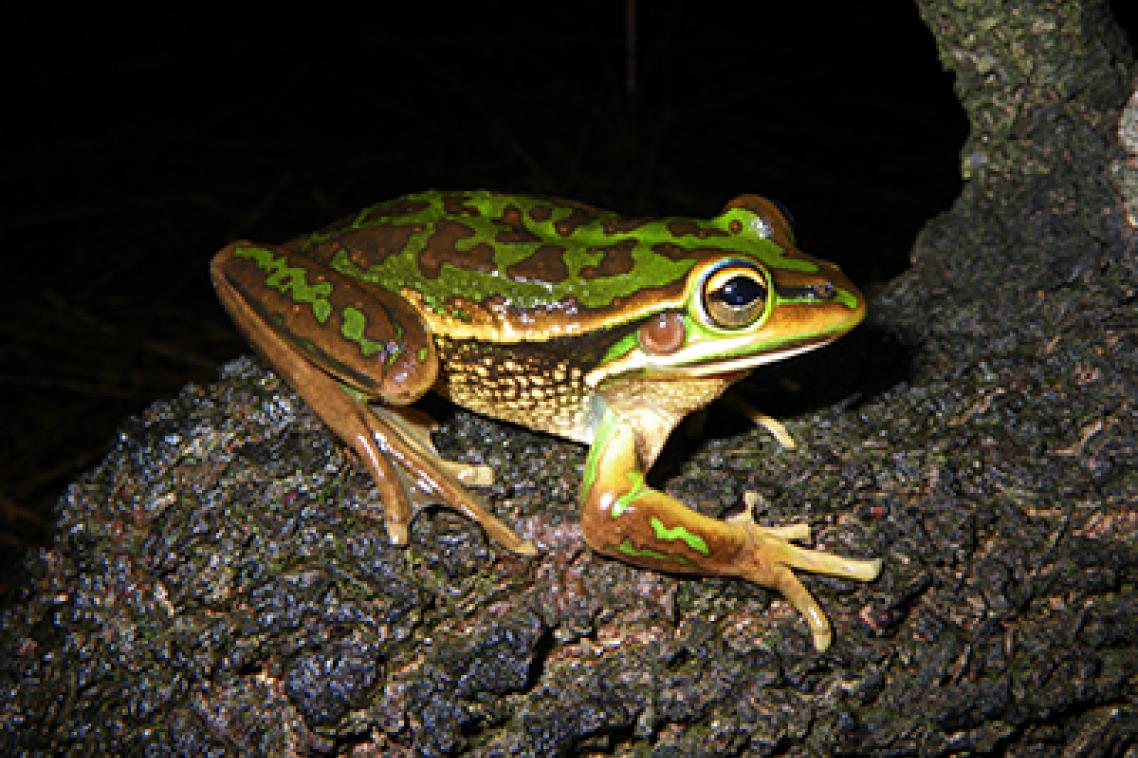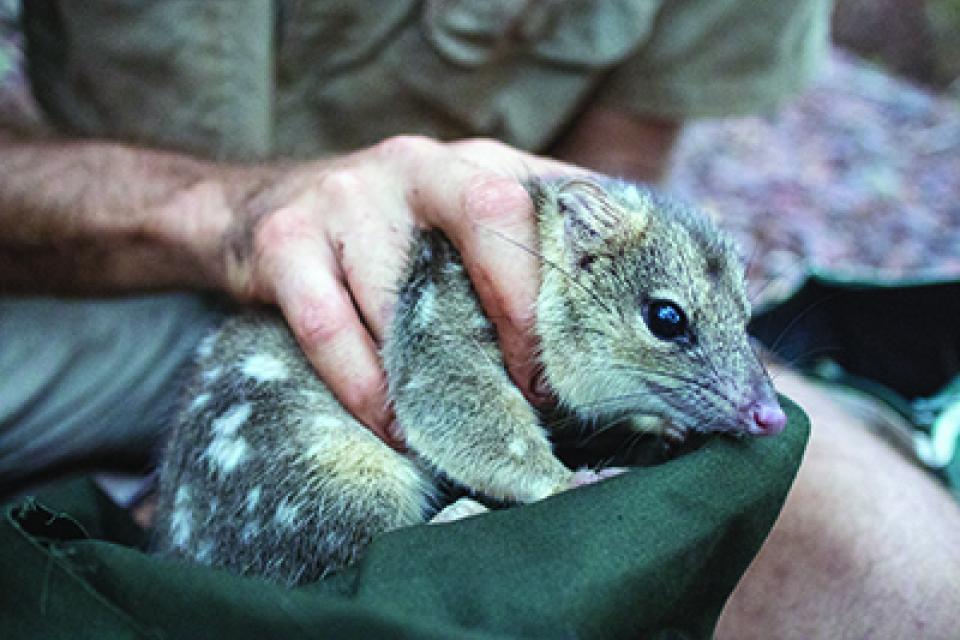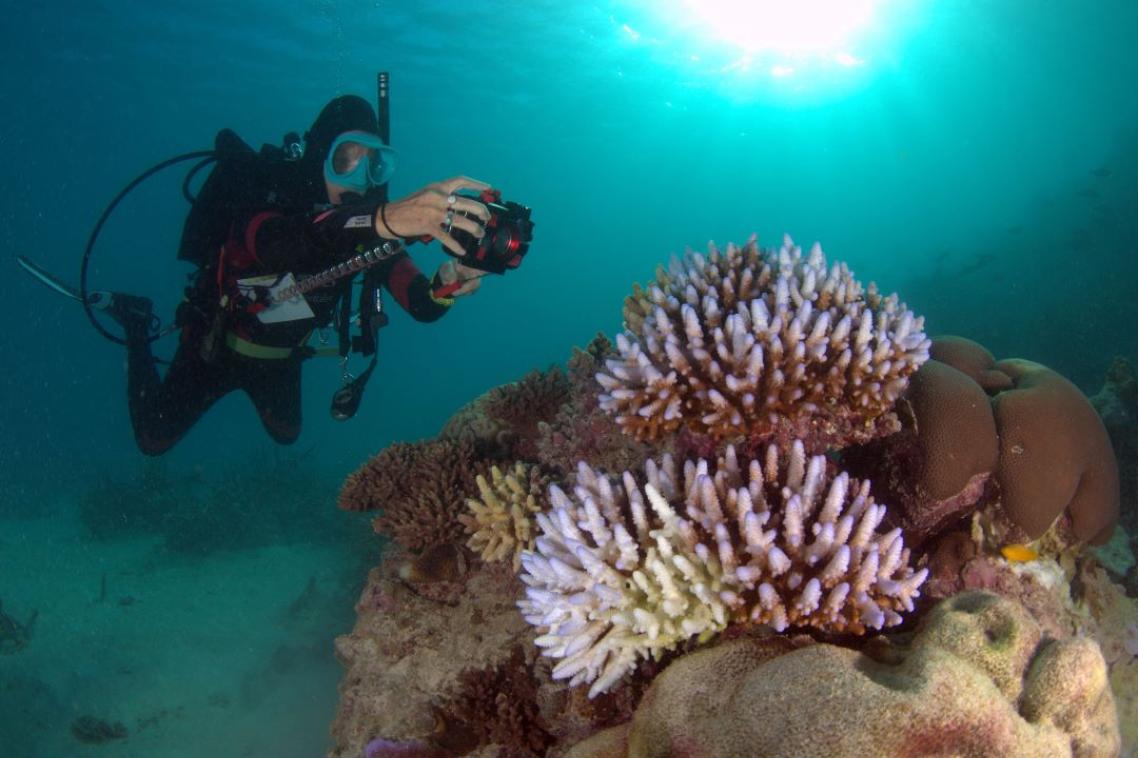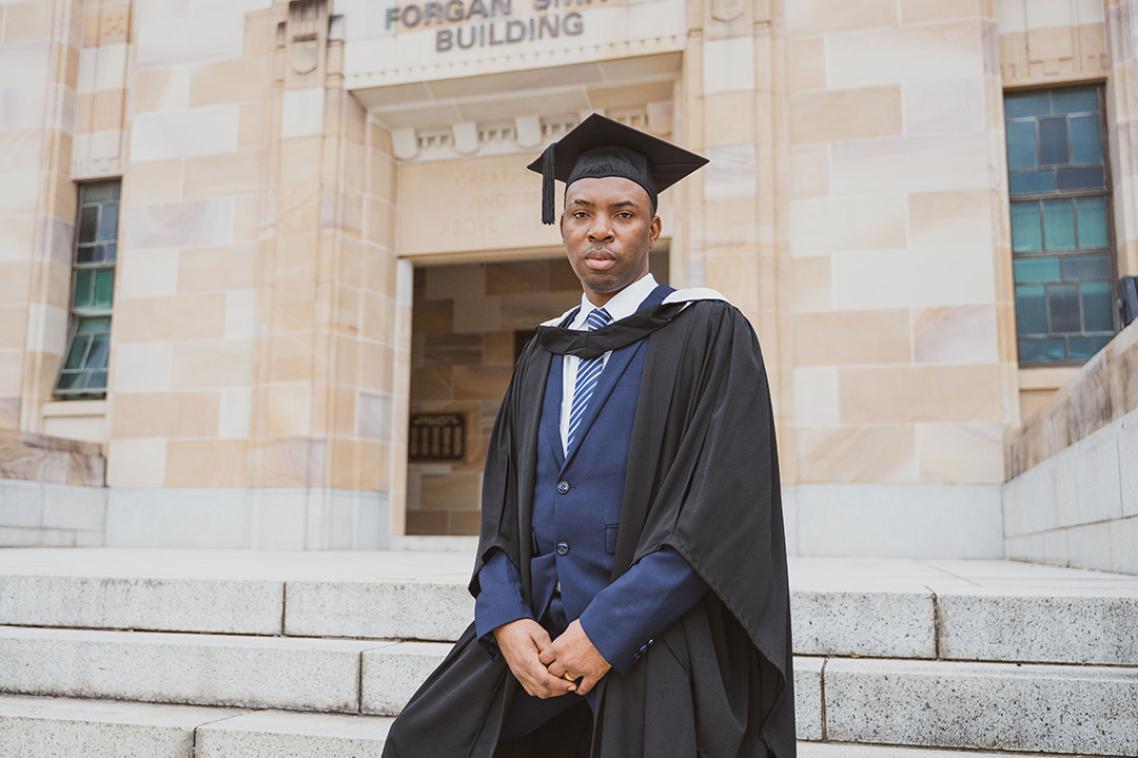Protected areas alone won't save all threatened species

Protected areas alone are not enough to save Australia’s threatened species, according to research from the Threatened Species Recovery Hub.
The research team, led by University of Queensland PhD candidate Stephen Kearney, investigated major threats facing threatened species and considered how protected areas could alleviate such threats.
“The key finding is that simply reserving land will remove all threats to very few species – only three per cent in fact,” Mr Kearney said.
“It is not enough to just place land in a protected area and then walk away.”
Australia is one of the first countries in the world to reach an international target of having 17 per cent of its land covered by protected areas such as national parks, as a strategy to halt biodiversity declines.
The researchers considered data for more than 1,500 species, including threatened plant, mammal, bird, fish, frog, reptile and insect species.
“We did discover that well managed protected areas would address all major threats facing almost half of our threatened species, and address at least one major threat for all threatened species,” Mr Kearney said.

UQ’s Professor James Watson said the only way to avoid future extinctions was to conduct broader conservation efforts, such as managing pest species and weeds and stopping land clearing.
“There is increasing evidence that Indigenous ranger programs and farm stewardship programs can play a vital role in managing habitat and threats to biodiversity outside protected areas.
“Governments should magnify these efforts.”
The research is published in Oryx (DOI: 10.1017/S0030605317001739).
The Threatened Species Recovery Hub – part of the Australian Government’s National Environmental Science Program – is a collaboration of ten Australian universities and the Australian Wildlife Conservancy and undertakes research to support the recovery of Australia’s threatened species.
Image above left: Nicolas Pakotopare. Northern Quoll
Media: Professor James Watson, jwatson@wsc.org, 0409 185 592; TSR Hub Communication Manager, Jaana Dielenberg, j.dielenberg@uq.edu.au, 0413 585 709.
Related articles

Thousands of Queensland reef photos lead to worldwide change

From war-torn Liberia to the UQ Law School: a graduate’s inspiring family legacy
Media contact
UQ Communications
communications@uq.edu.au
+61 429 056 139
